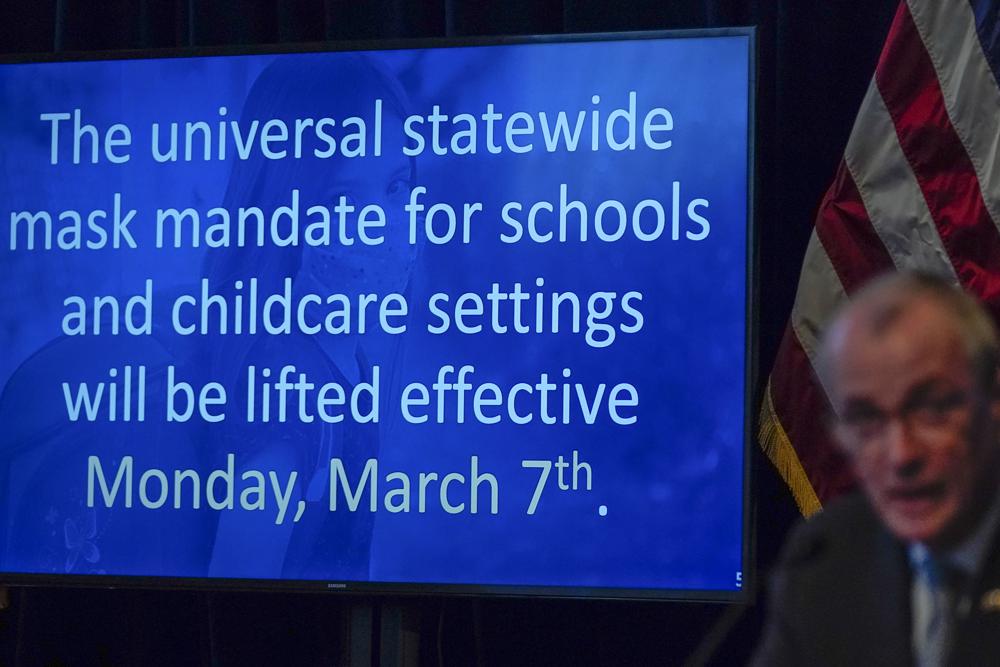MILWAUKEE, WI – This morning, Gov. Evers signed into law local revenue reform including authorizing a sales tax for Milwaukee County to avoid a fiscal cliff in just a few short years. County Executive David Crowley released the following statement following the news:
“Today marks another historic step forward for communities across the state looking to best serve their residents and set up future generations for success. For Milwaukee County, this brings us closer to avoiding a devastating fiscal cliff and continue critical service our residents rely on each day.
“Thank you once again to Governor Tony Evers, Senate Majority Leader Devin LeMahieu, and Assembly Speaker Robin Vos for coming to the table and producing bipartisan legislation that helps Milwaukee County address its unique financial challenges.
“As deliberations on the sole issue of additional revenue turn to local legislative bodies, it’s important that Milwaukee County, as an arm of the state, acknowledge the fiscal realities that we must confront. Reaching a fiscal cliff is undoubtedly the single biggest threat to improving quality of life for residents and setting up our region for long-term success.
“There is too much at stake for Milwaukee County to miss the mark on the opportunity ahead of us to avoid major services cuts and staff reductions across the board. This is a generational opportunity to secure our financial future and continue offering the services that keep residents healthy and safe.
“I look forward to productive conversations with county leaders and encouraging decision-making that aligns with community needs.”
Statement from Common Council President José Pérez
Today, Governor Evers signed AB245/SB301 into law, and now the work begins. I want to thank my colleagues for all of their engagement, support, and cooperation in getting us to this point.
Should the Milwaukee Common Council vote to implement a 2% sales tax, we will avert a fiscal calamity that has been years in the making. The only decision now before the Common Council is whether to accept a generational influx of revenue.
The Wisconsin Department of Revenue estimates that this sales tax would produce approximately $193 million a year, generated from everyone that utilizes our city and its services, not just its residents. We know that to maximize the revenue coming into the City in order to stave off drastic cuts in the next budget, we must move quickly. For this revenue to be recognized by January 1, 2024, an ordinance must be passed prior to the Common Council’s August recess.
If we delay, the City will lose at least $16 million a month. Not only can we not afford to refuse this revenue, but we also cannot afford to wait either. The first vote will take place at the Steering & Rules Committee on Monday, June 26, followed by a vote of the full Common Council at its meeting on Tuesday, July 11.
Also included in this legislation are provisions that severely impede our local control. I testified in opposition to these provisions at both the Assembly and Senate public hearings and directed our City’s lobbyists to work to remove them. Unfortunately, those efforts were unsuccessful, and these provisions are now state law. The entire Common Council has consistently opposed the policy provisions of this bill and we will continue to work to have these provisions reversed.
At the same Committee and Council meetings, we will be voting to amend the City’s legislative package to direct our lobbyists to begin efforts immediately to have those provisions removed from State statute.
We will also be taking up legislation that would double the funding for the Office of Equity and Inclusion and Office of African American Affairs, set aside funds for litigation to fight provisions of the bill that overstep our home rule, direct DPW/City Engineer to file an application with FTA for a grant to extend streetcar consistent with the downtown land use plan, and a reorganization of our Intergovernmental Relations Division.
The policy provisions in this bill will directly restrict our ability to achieve many of our goals, and clearly, they were written by those that do not reflect nor appreciate Milwaukee’s vibrant, diverse population. But these provisions will not dampen our creativity or innovation, nor our government’s work to help our residents. Despite the Legislature’s efforts to impose their values on us, we are resolute in our promise to operate our government in accordance with the values of our diverse community.
We will be prepared for the impact of these policy provisions, but would not be able to do that with an unmanageable budget deficit. I want to reiterate that the only thing before the Council in relation to AB245/SB301 is whether to implement a sales tax and accept the corresponding revenue. Not doing so could lead the City to severe cuts in services and a diminished quality of life for every resident.
Instead, I look forward to having a city budget process in which we debate the priorities and preferences among a reinvigorated slate of government services rather than the alternative of scraping the bottom of the barrel to provide the bare minimum. We are at an inflection point in the City of Milwaukee’s history and I am excited for what the future may bring.




